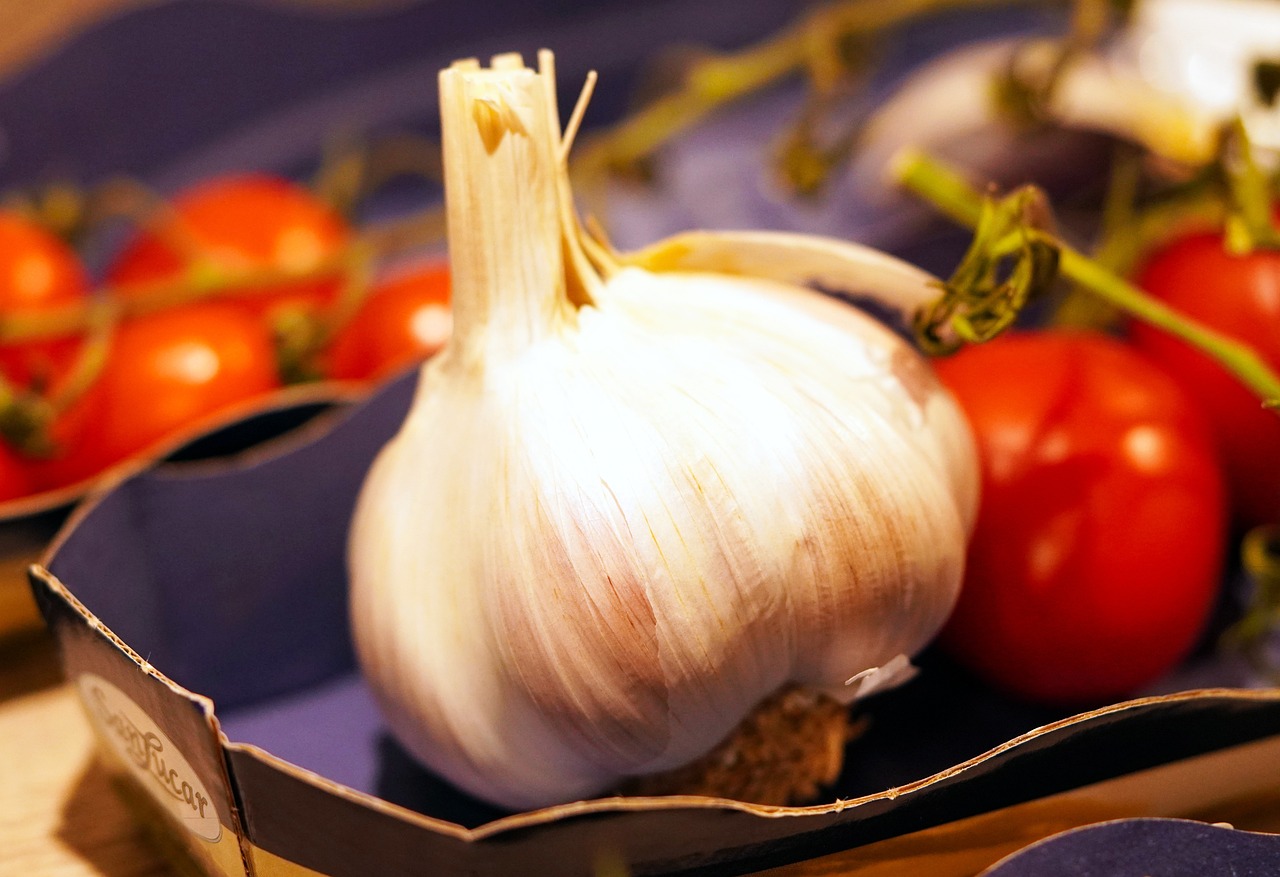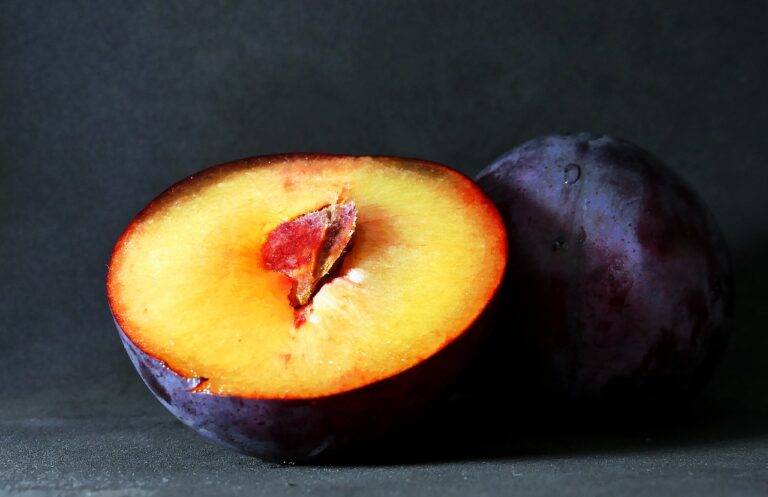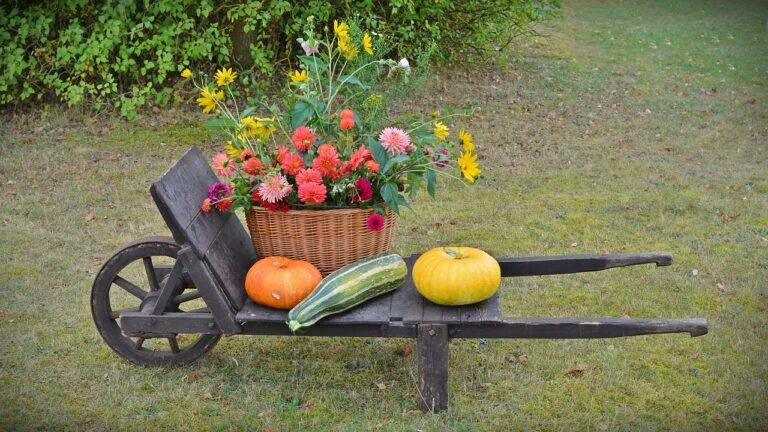Traditional vs. Modern Cooking Techniques
When it comes to traditional cooking methods, there is a rich tapestry of techniques that have been passed down through generations. These methods often involve slow cooking over an open flame or using basic tools such as pots and pans to create flavorful dishes. From roasting meats on spits to simmering stews in clay pots, traditional cooking offers a connection to the past and a depth of flavor that is hard to replicate.
One of the key features of traditional cooking methods is the emphasis on using fresh, seasonal ingredients. By utilizing what is readily available in nature, traditional cooks are able to create dishes that are not only delicious but also sustainable. Whether it’s foraging for wild herbs or preserving fruits and vegetables for the winter months, traditional cooking methods showcase a deep respect for the ingredients and the environment in which they are grown.
History of Cooking Techniques
Over centuries, cooking techniques have evolved as a result of cultural influences, technological advancements, and the availability of ingredients. Ancient civilizations heavily relied on methods such as roasting over an open flame or using simple clay pots for boiling. The simplicity of these techniques reflected the basic needs and resources of early societies, demonstrating the intrinsic connection between cooking and human survival.
As civilizations grew and traded with one another, culinary knowledge began to spread, leading to the introduction of new cooking techniques. Techniques such as braising, fermenting, and smoking emerged, allowing for greater preservation of food and the development of unique flavors. These innovations marked the beginning of culinary exploration, setting the foundation for the diverse and intricate cooking techniques we use today.
What are some traditional cooking methods?
Some traditional cooking methods include roasting, boiling, steaming, grilling, and frying.
How have cooking techniques evolved over time?
Cooking techniques have evolved with advancements in technology, such as the invention of ovens, stoves, and kitchen appliances. Additionally, globalization has led to the fusion of different culinary traditions, resulting in new cooking techniques.
What role does culture play in cooking techniques?
Culture plays a significant role in shaping cooking techniques, as different cultures have developed unique methods of preparing and cooking food based on their geographical location, available ingredients, and culinary traditions.
How have modern cooking techniques changed the way we cook?
Modern cooking techniques, such as sous vide, molecular gastronomy, and air frying, have revolutionized the way we cook by allowing for more precise control over temperature and cooking times, as well as the ability to create innovative dishes.
Why is it important to learn about the history of cooking techniques?
Learning about the history of cooking techniques provides insight into how culinary traditions have evolved over time and helps us appreciate the rich diversity of cooking methods that exist around the world. Additionally, understanding the origins of cooking techniques can enhance our cooking skills and creativity in the kitchen.





